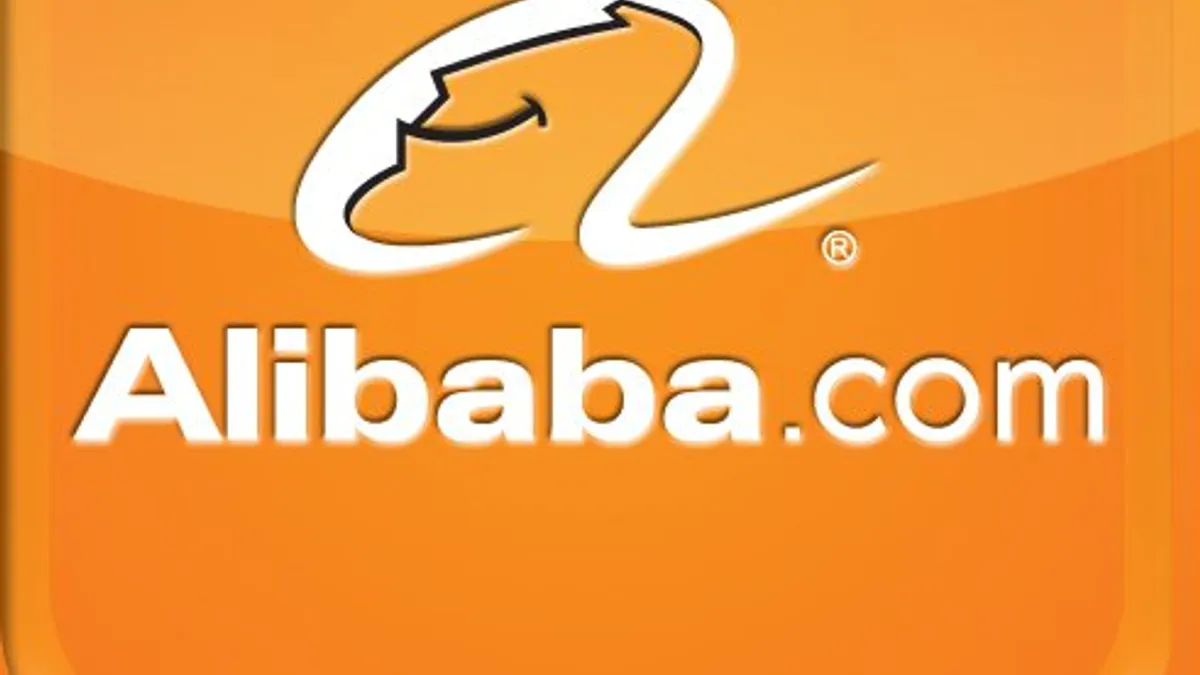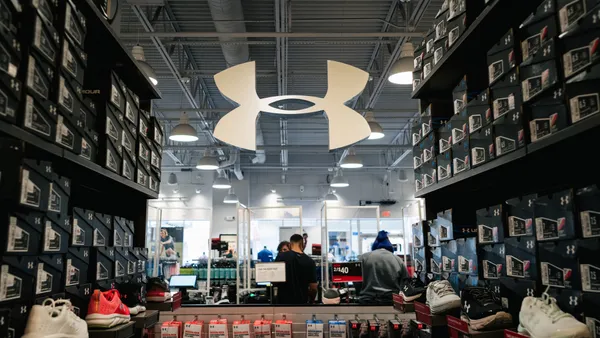Dive Brief:
-
U. S. Trade Representative Michael Froman Thursday announced the findings of the Special 301 Out-of-Cycle Review of Notorious Markets for 2015, highlighting companies that are “engaging in and facilitating substantial copyright piracy and trademark counterfeiting,” including fake goods and pirated content.
-
Although the report didn’t name Alibaba on its blacklist, it did single the Chinese conglomerate and its online marketplaces Tmall and Taobao as needing to work harder to excise counterfeits. Brands continue to report that Alibaba Group’s enforcement program is too slow, difficult to use, and lacks transparency, the report said. “Brand owners continue to report Alibaba platforms, particularly Taobao, are used to sell large quantities of counterfeit goods,” according to the report.
-
Alibaba told Reuters in an email that it’s doing its best. "Counterfeiting is an issue all global e-commerce companies face, and we are doing all we can to address and fight it," an Alibaba spokesman said in an emailed statement to Reuters.
Dive Insight:
Avoiding the USTR’s blacklist of notorious markets is a victory of sorts for Alibaba, and the agency noted that the company has taken “meaningful” steps to address the problem. But the agency also clearly wants to keep pressure on the Chinese retail company to improve its record in battling counterfeits on its sites.
The problem continues even as Alibaba has worked to increase the number of American brands that sell on its marketplaces.
While selling through Alibaba has been a handy way for brands to reach the huge Chinese consumer market, the prevalence of counterfeits is a major concern.
“Tens of millions of American jobs and several trillion dollars of our gross domestic product rely on American creative and innovative industries,” said U.S. Trade Representative Michael Froman. “Our Notorious Markets List is a unique tool that highlights key examples of markets all over the world - increasingly digital markets - that are linked to significant infringement of American businesses’ intellectual property rights. The 2015 List has a special emphasis on emerging marketing and distribution tactics in Internet-based counterfeiting, which reportedly not only harms legitimate trade but poses risks to consumer health and safety.”
The list serves as a guide to companies, enforcement agencies, and foreign governments to pursue their own efforts to battle counterfeits, including taking legal action, the agency said.
It focuses on the distribution of counterfeit goods as well as pirated content. The USTR’s office said that sales of counterfeit goods online is estimated to have grown by 15% last year and that online pirate sites are “similarly noted with growing concern by copyright holders in the United States.”














